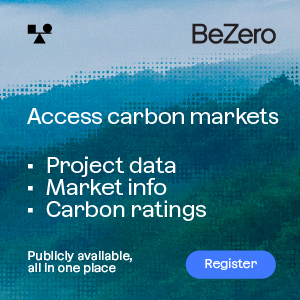Newfoundland and Labrador will target industrial emitters and help fight climate change by putting a price on carbon, the Canadian province’s environment minister said on Tuesday.
According to the Telegram newspaper, Perry Trimper said his government will draw up emissions reduction targets and draft legislation to put the measures into law.
He said the government is weighing options, namely a cap-and-trade scheme, a carbon tax, or “some sort of industry-by-industry regulatory scheme”.
Trimper added that joining a regional carbon market, for example WCI, which will soon feature Ontario and Manitoba as well as Quebec as members, “might be tricky, because it would take time to get in, and then you’d be playing by their rules,” the paper reported.
A carbon tax, on the other hand, would give the government more certainty towards tackling its C$2 billion deficit, it added.
In any case, any short-term reductions in CO2 are likely to be relatively small compared to the other provinces.
Newfoundland and Labrador emitted around 9 million tonnes of CO2e in 2012 or just over 1% of Canada’s total, according to the latest available data, with more than 40% of the natural resource-rich province’s emissions coming from a handful of industrial sources.
“On a per capita basis, we are still putting a lot of stuff into the sky, … so in my mandate, you’ll see there’s a very clear direction to go after the large industrial emitters,” Trimper said, as reported by the Telegram.
He said the offshore oil industry, which also accounts for a significant share of the province’s emissions, may be targeted via a different approach because they have special status under the Atlantic Accord and the shared federal-provincial jurisdiction.
“Within the province, we can certainly move forward with the large industrial emitters onshore, so that’s what we’re doing, [but] in terms of the offshore it requires careful collaboration with the federal government,” he added.
By Mike Szabo – mike@carbon-pulse.com



